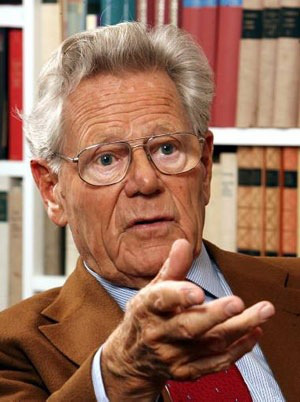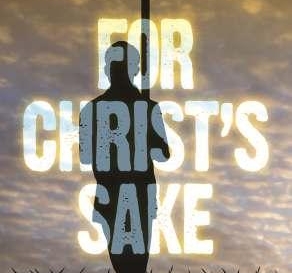We thank We Are Church (Ireland) for hosting this talk. They have just revised their website which is well worth a visit.
A report from one of our members on the inspiring talk by Sr. Florence Deacon, President of the Leadership Conference of Women Religious (LCWR) on Monday 13th May at the Jesuit Conference Centre, Milltown Park, Dublin.
The cars and the people kept coming, until the Conference Hall in Milltown Institute was filled to over-flowing. Over three hundred people listened as for about 45 minutes, Sr. Florence spoke on: ’50 years since Vatican II; on fire with, or trying to tame, the Spirit?’
She traced her own faith-journey from understanding ‘Church’ as ‘building’, to her present-day understanding of Church as all the People of God, bishops, priests and people together forming the one Body of Christ. She emphasised how all the baptised are called to read the signs of the times, listening to one another in respectful dialogue. Many times she quoted Pope Francis similarly calling for listening and respect, and reminded us of his question in a recent homily, whether we have domesticated the Spirit. She pointed out how already he has exemplified many of the qualities which the LCWR had named before the conclave, as desirable in the new pope. She invited all to keep him in prayer that he may have the courage to make necessary changes.
Speaking of the doctrinal assessment of the LCWR, she explained how it is based on a flawed understanding of the role of this organisation. She stressed that the LCWR wishes for open and honest dialogue with Vatican authorities, which “can only take place outside the glare of the media”. This was why she was willing in this talk to deal only with points which were already public and why she did not comment on the most recent talks in Rome between the LCWR and the Vatican.
Sr. Florence’s talk was followed by time for questions. In response to a question why the LCWR did not take a stronger stance, publicly, in relation to the Vatican authorities, she shared her experience of how respectful dialogue was a more helpful process than confrontation. The query whether she could confirm that the investigation of women religious in the US was at the instigation of a few American bishops including one currently based in Rome, elicited the diplomatic response that ‘There is speculation about that’.
However, even more than her words, it was the integrity, courage and Gospel-based witness of Sr. Florence which spoke most strongly through her input. It evoked a response of heart-felt solidarity and support from the gathering.
She – and We Are Church Ireland – invites all to continue to pray for the Sisters in the LCWR. The Executive meets at the end of this month with the three bishops charged with the ‘renewal’ of the LCWR. It is clear that the dialogue they hope for will require much patience, prayer and the wisdom of the Spirit. Hopefully It is a God-incidence that her talk happened in these days before Pentecost!
It is possible to leave a comment at this page

 Professor Hans Küng — now 85 like his former professorial colleague Joseph Ratzinger — offers some reflections about church reform and Francis the new Bishop of Rome.
Professor Hans Küng — now 85 like his former professorial colleague Joseph Ratzinger — offers some reflections about church reform and Francis the new Bishop of Rome.